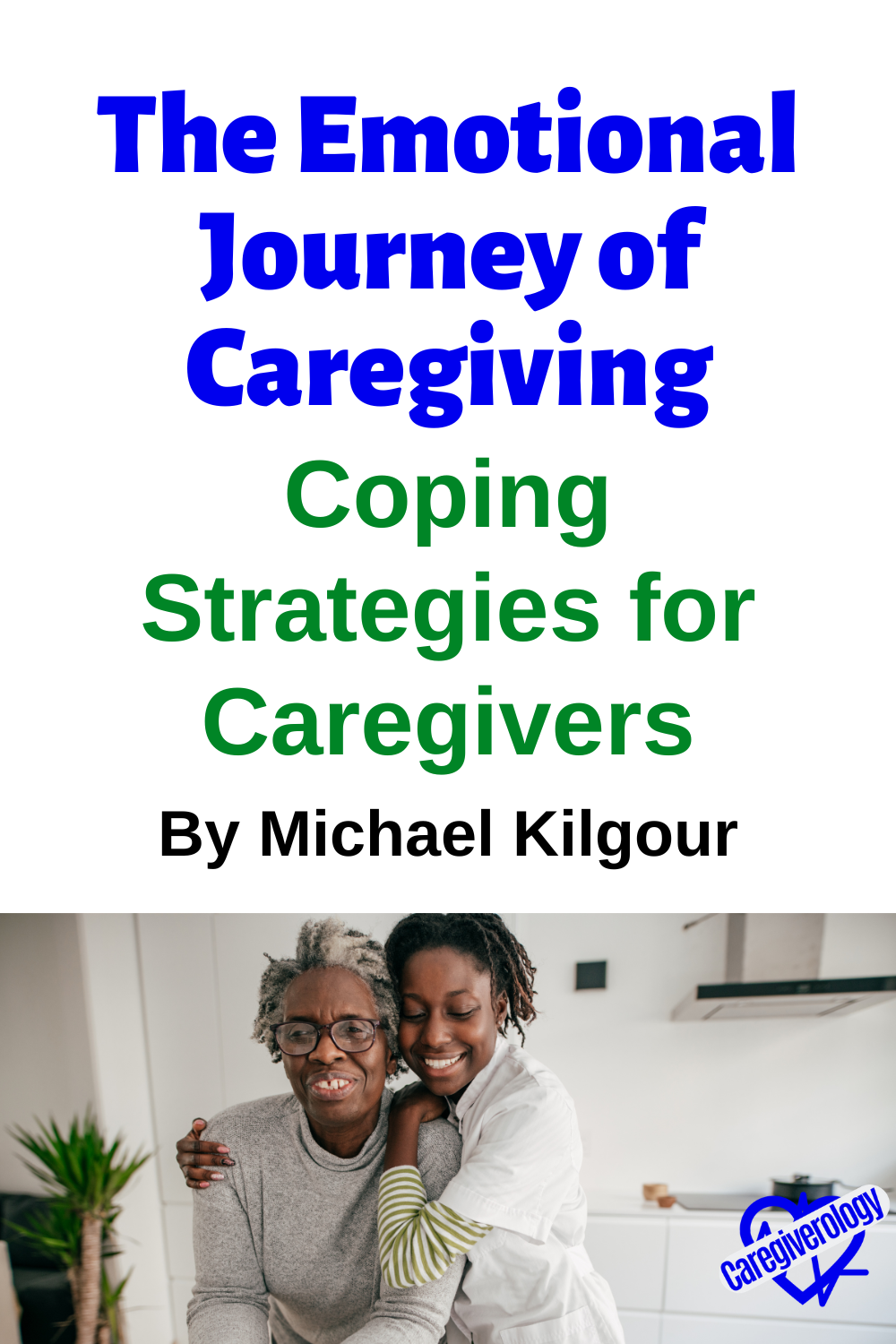The Emotional Journey of Caregiving: Coping Strategies for Caregivers
Caring for a loved one can be deeply rewarding, yet it comes with its own set of emotional challenges. Many caregivers find themselves on an emotional journey that tests their strength, patience, and resilience. Understanding this journey and implementing coping strategies can significantly alleviate the stress and burnout that often accompany the role of a caregiver.
Signs Importance Options Strategies Managing Creating
Recognizing the Signs of Caregiver Stress and Burnout
Stress and burnout are common among caregivers, yet they often go unnoticed until they become overwhelming. Recognizing the early signs is crucial. Physical symptoms like constant fatigue, changes in appetite, or sleep disturbances, along with emotional indicators such as feelings of irritability, anxiety, or detachment, can signal that stress levels are becoming unmanageable. Acknowledging these signs early on is the first step towards seeking support and making necessary changes.
The Importance of Emotional Self-Care for Caregivers
Emotional self-care is vital for caregivers. Regularly setting aside time for activities that rejuvenate the spirit and body can make a significant difference in overall well-being. Techniques like deep breathing exercises, mindfulness meditation, or engaging in hobbies can serve as effective tools for managing stress. It's also beneficial to maintain social connections outside of caregiving duties to ensure a sense of normalcy and personal identity.
Navigating Professional Care Options
For many caregivers, there comes a point when exploring professional care options becomes necessary to ensure the well-being of both the caregiver and the care recipient. When considering professional care, it's important to research and identify the best assisted living facilities. Overland Park, KS, for example, offers a range of high-quality options that cater to different needs and preferences. These facilities not only provide professional medical care but also foster a community environment where loved ones can thrive socially. Selecting the right facility requires considering factors such as the level of care needed, the types of activities provided, and the overall atmosphere of the facility.
Effective Communication Strategies with Care Recipients and Professionals
Effective communication is key in any caregiving relationship. Open and honest dialogue with care recipients about their needs and preferences helps in providing compassionate and effective care. Likewise, communicating clearly with healthcare professionals ensures that care plans are well understood and executed. Practicing active listening and empathy can greatly enhance these communications, leading to better outcomes for everyone involved.
Managing Guilt and Grief: Emotional Healing for Caregivers
Guilt and grief are emotions that many caregivers experience, particularly as they witness the decline in health of someone they love or if they decide to transition their loved one to a professional care facility. It's important for caregivers to understand that these feelings are normal and to seek support through counseling, caregiver support groups, or conversations with trusted friends or family members. Learning to forgive oneself and accept the situation can pave the way for emotional healing.
Creating a Balanced Life as a Caregiver
Achieving balance as a caregiver means acknowledging that you have needs too. Setting boundaries, delegating tasks when possible, and prioritizing self-care are all strategies that can help maintain this balance. Remember, taking care of yourself is not selfish—it's necessary to be able to provide the best care for your loved one.
Thank you Michael Kilgour for contributing this article.
Mental Health and Support Articles
From The Emotional Journey of Caregiving to Home
Recent Articles
-
Common Truck Crash Injuries and Legal Remedies - Caregiverology
Jul 19, 25 10:49 AM
Known for its sun-drenched beaches, vibrant arts scene, and bustling maritime industry, Fort Lauderdale is a city that sees heavy traffic both on its roads and at its busy port. Unfortunately, with th… -
Why Expert Legal Help Matters After Serious Injury - Caregiverology
Jul 19, 25 10:35 AM
In Houston, over 67,600 car crashes occurred in 2023, resulting in 290 fatalities and 1,612 serious injuries. That’s roughly 185 accidents every day. -
How Life Care Planners Support Injury Recovery - Caregiverology
Jul 19, 25 10:18 AM
In Los Angeles, life care planners play a vital role in supporting injury recovery, especially for individuals facing catastrophic injuries such as traumatic brain injuries or spinal cord damage.





New! Comments
Have something to say about what you just read? Leave a comment in the box below.